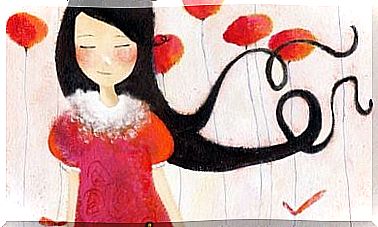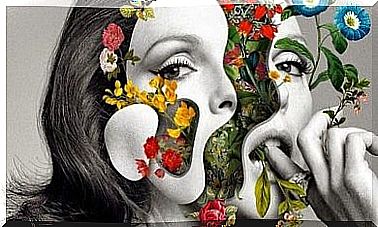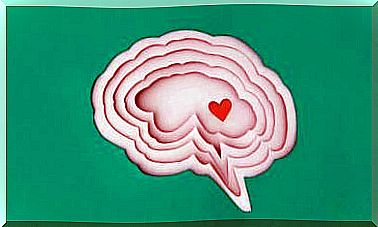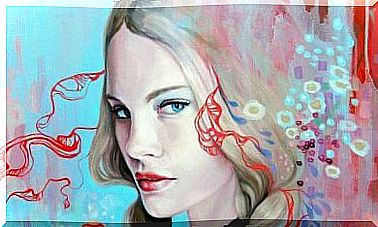The Truths Of Love

“He who learns and learns and does not practice what he knows,
it is like the one who plows and plows and does not sow ”
Plato
The idealization of love is a device that poets, painters and musicians have used for centuries. Hence, a set of myths that are currently circulating and which many attend, have been built, without stopping to think thoroughly whether or not they are valid.
The difficulty is that people can set expectations that are too high. To that extent, no reality will live up to what they dream and hope for. That is why over and over again they will be disillusioned with reality and it will be difficult for them to build genuine bonds of love with others.
Next we will delve a little about other groups of beliefs or myths about romanticism and love.
Love as a whole
Love idealized by romanticism becomes the center of the personal universe. It is the sumum of good and the point where all the paths of life lead; represents redemption, salvation or the culmination of all longings.
The allusion to the idea that someone will only be happy if they find and maintain a partner is frequent. It is also said that love and involves great sacrifices and deprivations, in order to maintain the relationship at all costs. The whole being must be committed to the couple. There can be no secrets, no restrictions.
Reality shows us otherwise. Those absolute deliveries, where everything revolves around the couple, have more to do with neurosis than with love as such.
The human being has multiple dimensions and not all of them can be shared with our companion. There are many situations and people in life that lead us to moments of happiness, not only romantic love has that virtue.
There are also personal spheres that we consider private. They are those spaces that we like to reserve for ourselves. They are part of our process of self-knowledge, of our individual exploration, of our life. And it is not unfair to stop sharing them with your partner. Nor is it selfishness. It is simply a mechanism to preserve our individuality.
The myth of possession over the other
It comprises a set of ideas in which once again the belief that couple love is a devastating totality in which there is no place for individuality is reiterated. It is suggested, for example, that all true love must necessarily lead to marriage or, in any case, to a lasting coexistence.
Jealousy is also claimed to be an absolutely legitimate passion. There are even those who even affirm that it is one of the unmistakable signs of love: if he loves you, he is jealous of you. On the other hand, infidelity is equivalent to a whole hecatomb; infidelity is a definitive proof of lack of love, an insurmountable obstacle, a death offense.
Here again reality shows us that things are not exactly the way the romantics put them. There is no way to guarantee that true love will end in a stable union that never breaks down over the years. Love is not a static feeling and every day we see marriages that remain without love, or relationships that are broken even if there is great affection from both parties.
We also know that infidelity exists and that it occurs even in couples who are very much in love. It does not necessarily depend on the lack of love, but often has more to do with insecurities or personal emptiness, than with failures in the relationship.
From all this, it can be concluded that we would probably be much happier if we gave up believing in those myths of romanticism. That would allow us to better appreciate reality and, perhaps in this way, we would stop yearning for what does not exist and we could fully enjoy what we can truly expect from love.
Image courtesy of Elena Dijour









